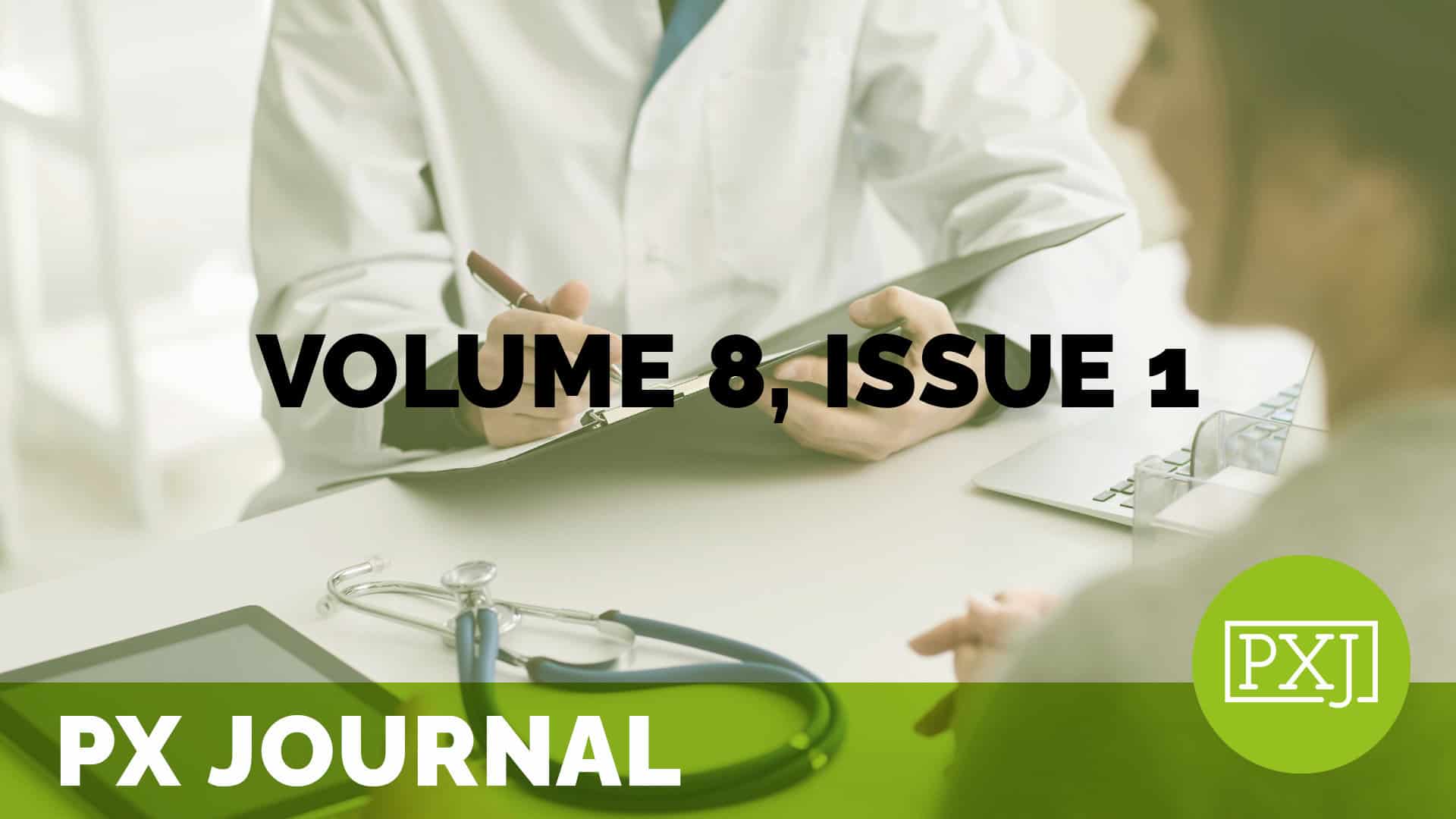The influence of COVID-19 visitation restrictions on patient experience and safety outcomes: A critical role for subjective advocates

With the emergence of the coronavirus (COVID-19) pandemic in the United States in early 2020, hospitals across the country made the difficult decision to alter visitation policies, by either limiting visitations or restricting visitations altogether by closing access to family, friends and care partners in an effort to reduce further spread of the virus. While there is foundational research on the impact of family and care partner presence on the experience of patients and patient safety outcomes, the actions driven by the pandemic allowed for a real-time comparison of the impact of family or care partner presence or lack thereof. Patient and family engagement has long been a part of patient experience scholarship where the role of family members and care partners as patient advocates and a presence of support has been reinforced. Scholarship and practice have also encouraged movement from restricted visiting hours to having open visitation based on findings that, in addition to better patient outcomes, there is a benefit in nurse job satisfaction and communication when visitations are unrestricted. The purpose of this study is to examine the degree to which hospital visitation restrictions in U.S. hospitals during the COVID-19 pandemic help to explain changes in patient experience and patient safety outcomes. To examine this relationship, patient experience and safety outcomes of a national sample of hospitals (n=32) during the pandemic is compared to previous corresponding performance. The results indicate that hospital performance was negatively impacted on average during the pandemic for hospitals in the sample. However, differences in hospital performance during the pandemic were driven by hospitals that disallowed patient visitations. Hospitals with closed visitations saw most pronounced deficits in their performance with regard to patient ratings of medical staff responsiveness, fall rates and sepsis rates. Performance in hospitals that either remained unrestricted or partially limited their visitations was not appreciably different from pre-pandemic performance, and in some cases performance even improved marginally. The findings of this study indicate that the policy to allow for visitors, or subjective advocates, individuals with a vested interest in the well-being of the patient, is beneficial not only for the patient, but also in sustaining high quality of care. Recommendations are given for how hospitals might achieve improved quality and safety outcomes even in instances when organizations believe visitation needs to be disallowed or restricted. The results of this study suggest those decisions should be made with great care and in only the most extreme circumstances.
Related content
-
 Patient Family & Community Engagement
Patient Family & Community EngagementBlack Voices On Gynecologic Cancer: Understanding Experiences (BVOGUE)
The voices of Black patient advocates are often absent from research studies. By centering these voices, new strategies can be identified to address and positively impact disparities across the clinical care spectrum, from diagnosis to survivorship. The study aims to identify common and unique experiences of racism and bias among Black patients with gynecologic cancer.
Learn more -
 Patient Family & Community Engagement
Patient Family & Community EngagementPFAC Panels for Maximum Patient Participation
Patient and Family Advisory Councils (PFACs) provide essential insights for enhancing patient experience metrics. However, challenges such as busy schedules and pandemic-related disruptions have hindered their effectiveness. In this case study, Rutgers Cancer Institute shares how its innovative solutions address these issues, ensuring patient feedback is actively sought and utilized to drive improvements.
Learn more -
 Patient Family & Community Engagement
Patient Family & Community EngagementPX Chat on PFA/PFACS: Revitalizing/Rebuilding
12pm ET / 11am CT / 10am MT / 9am PT – Join The Beryl Institute community for an opportunity to connect with your peers on the support and resources needed to address efforts around revitalizing and rebuilding PFAs and PFACs in their organizations. Breakout discussion groups allow you to share your challenges, celebrate your
Learn more
